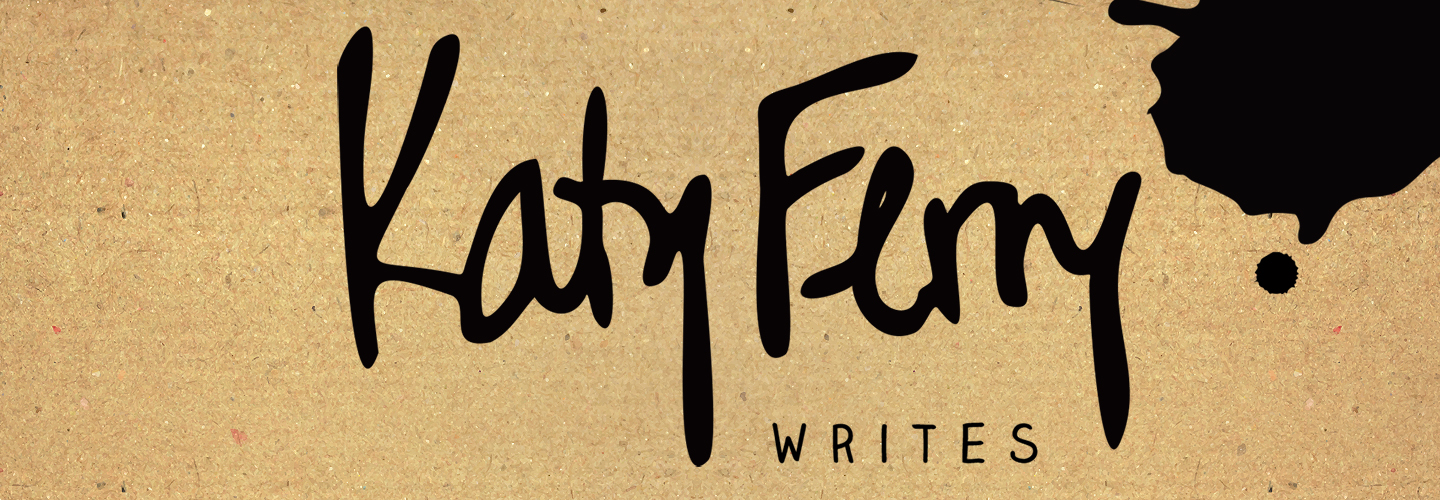
Privacy is a notion that we don’t consider very often. There’s an assumption of privacy within our homes, at our doctors’ offices, and even within our relationships, to some extent. We all have private thoughts that we don’t share with anyone else. We have an expectation of privacy in most bathrooms (at least until you become a parent and then children often decide they need to be with you at all times.)
We don’t want our doctors going home and telling their families, or unauthorized people in our own lives, about our medical problems. We don’t want our jobs to discriminate against us because of medical issues. Even though it’s not written down anywhere we assume that certain conversations with our friends and partners will be kept private. We feel upset, angry, and violated when someone breaks the trust that’s supposed to exist.
As adults, we know that the decisions we make, good or bad, have adult consequences. We get to make decisions about our lives without input. Isn’t that what every kid thinks? “When I’m a grown-up, I can do whatever I want and no one can tell me not to!”
But, where is it written that adults get a private life? Point me to that rule, that law, that amendment. Oh right. It doesn’t exist. It’s an implied right, not an explicit one. It is an natural expectation that we, as human beings, have some right to privacy within our lives.
What if I, a complete and total stranger, found out that you, a total stranger, needed a potentially life-altering medical procedure? The procedure is not necessarily a medical emergency or necessity, but it will alter the course of your life in some way. Now, what if I came to you and said you weren’t allowed to have it? What if I told the authorities or the government that it violated my religion or my moral code for you to have that life-altering procedure and they decided I was right to impose my version of morality onto you, a total stranger, and forced you and your doctor to stop?
What if you were viciously attacked on the street, beaten to a bloody, but alive pulp and no one came to help? What if, after you were attacked, you were instead told by the police that you were not allowed to seek medical help? And, that if you did attempt to get medical help for your multitudinous injuries, that you would be in violation of the law and would be arrested. And, that your attacker could sue you for trying to get help for the injuries they inflicted.
What if you wanted to date someone, in this case let’s say a woman, and you were told that you weren’t allowed to make that decision for yourself? A group of strangers who don’t live in your town are the only ones who get to decide who is allowed to be an a relationship.
What if every decision you wanted to make, as an adult, was privy to government oversight? Not decisions that might adversely affect large numbers of the population, but decisions that will only affect your body, your person?
The right to privacy may not be explicitly enshrined in the U.S. Constitution, but it’s, hands down, one of the most important and one of the most widely held beliefs by all people. The debate over abortion is a heated one, filled with moral outrage. The right to privacy isn’t. The majority of people in this country believe that we should have a right to privacy. This Pew Research study shows that 93% of adults say that being in control of who can get information about them is important and 88% of adults say that it is important they not have someone watch or listen to them without their permission.
If Roe v. Wade is overturned, the consequences far outstrip the abortion debate. It will hit right at the heart of what many believe to be American values, privacy and individual decision-making. The ones who can afford to travel to more “friendly” states or countries will do so. Those who have always been marginalized, poor communities, Black and brown Americans, will be further marginalized and forced into life-threatening decisions.
We shouldn’t need to have this conversation at all. As you can tell from what was written above, the idea that strangers should decide what you do in your life is ludicrous. The discussion about whether a woman’s right to abortion, to bodily autonomy, to privacy, is not a federal government versus states’ rights issue. These rights are neither of those things. They should not be decided by the government at all. Ever. Abortion is not a public health crisis. It is a personal and difficult decision that no woman takes lightly. But, if nothing else, people with uteruses should have the same inherent right to privacy in their decision making as men.
The right to privacy, to make choices without interference from others, may not be written down, but it’s arguably the most consequential right Americans have. We must fight to protect it.

One thought on “Privacy — The Most Important Unwritten Right in the Constitution”